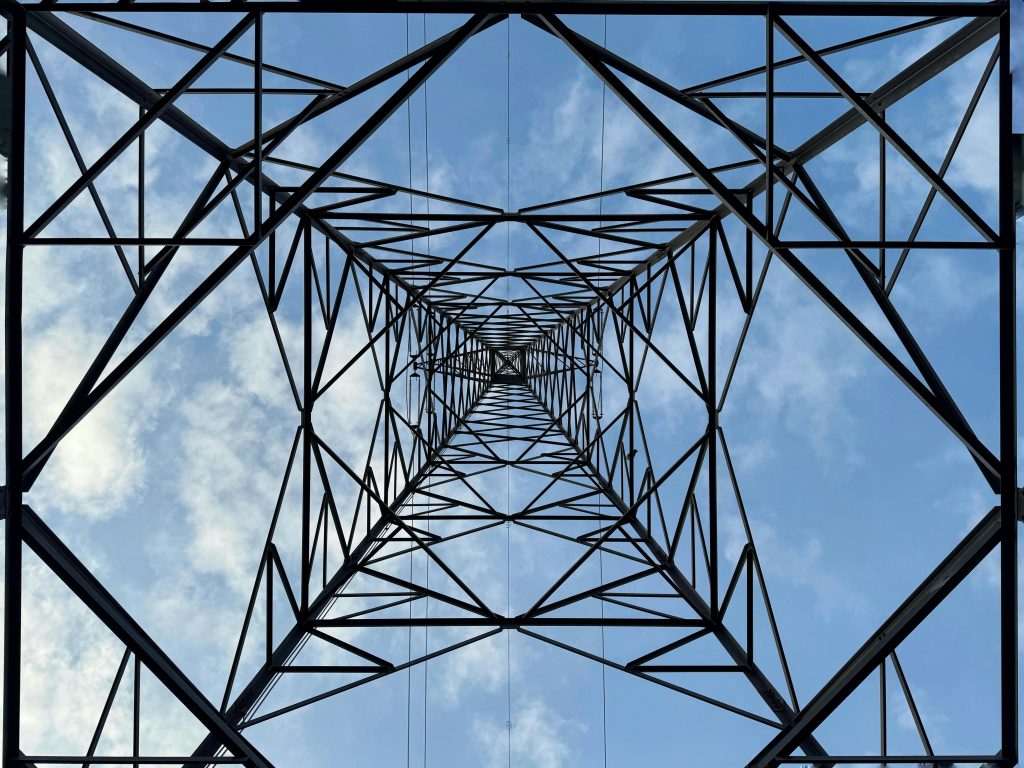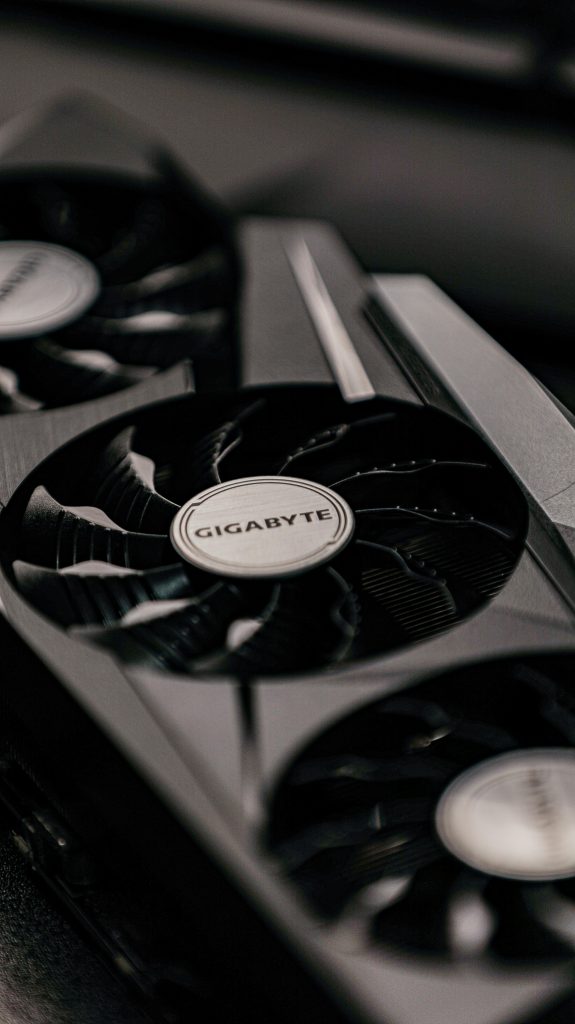Understanding Unusual Noises from Your CPU Cooler: A Guide for PC Enthusiasts
Many PC builders and enthusiasts have encountered strange sounds emanating from their cooling systems, particularly when using liquid cooling solutions. Recently, a user reported a persistent buzzing or electrical noise originating from their CPU water block, raising concerns about potential hardware issues. In this article, we’ll explore the possible causes of such noises, how to diagnose them, and ensure your system remains safe and efficient.
Identifying the Source of Unusual Noises
The user observed a loud buzzing or electrical noise coming directly from the CPU water block of their all-in-one (AIO) liquid cooler. Notably, the sound resembles coil whine, a high-frequency electrical noise often associated with certain electronic components, though in this case, it is localized specifically to the CPU block rather than other components like the graphics card or power supply.
Key points to note include:
– The noise occurs even at idle, occasionally.
– It intensifies under increased load.
– The user has verified temperatures are within normal operating ranges.
– Physical inspection did not reveal any loose cables or obvious defects.
Potential Causes
Several factors can contribute to such unusual noises in a liquid-cooled PC setup:
-
Pump Resonance or Vibrations:
The pump inside the AIO cooler may produce vibrations or harmonics that translate into audible noise. Variations in pump speed, wear, or manufacturing tolerances can amplify these sounds. -
Air in the Cooling Loop:
Air bubbles trapped within the water block or tubing can cause turbulence or cavitation, resulting in noise. Ensuring the system is properly bled can mitigate this issue. -
Resonance with Other Components
Vibrations from the motherboard VRMs, power circuitry, or even the case itself can couple with the water block, producing unwanted sounds. -
Electrical or Coil Whine:
Although coil whine is typically associated with GPUs or power supplies, certain electrical components within the water block or pump circuitry might generate similar audio signals, especially if faulty.
Diagnosing and Addressing the Issue
If you encounter such a noise, consider the following steps:
-
Inspect Installation:
Confirm the water block is securely mounted and there are no loose fittings. -
Check for Air Bubbles:
Tilt or gently shake the PC to dislodge trapped air. Run the pump at different speeds (if adjustable) to see if noise diminishes. -
**Monitor
Share this content:



